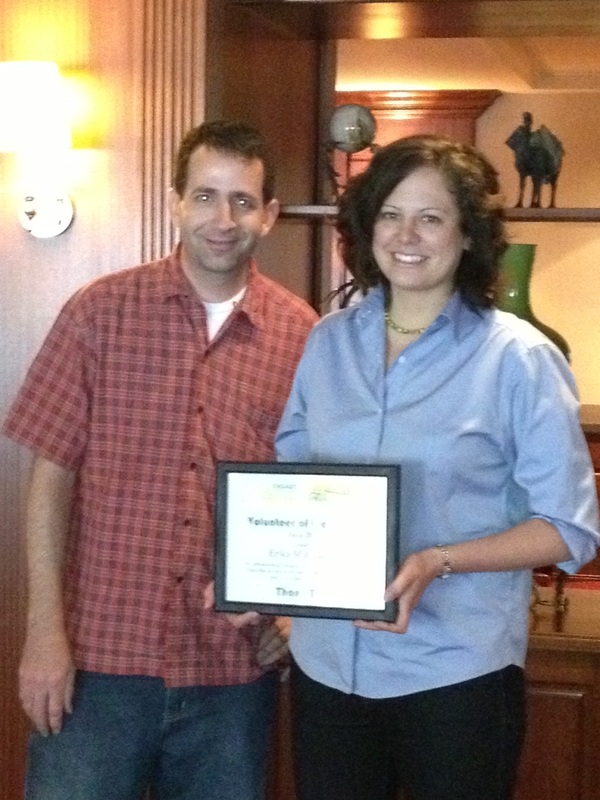I've been reading a few articles about artists and their day jobs. Though I believe it is every artist's dream to be a full-time artist, I agree with some views out there that having a job and getting involved in other activities should not always be seen as necessary evils or mere distractions, but as opportunities to grow and have a stable enough life that you can still make art.
While taking a day job may seem like just a survival strategy at first, finding a job you enjoy and doing your best at it can generate many positive results for you as an artist and as a person. Even though you may believe you already know how to think creatively, a day job can teach you new ways of thinking that can help you as an artist, especially when you're young and just starting out. Here is a list of the top 5 lessons I've taken from my day job that have benefited me as an artist:
1. It's easy to be a well-known artist if you're a well-known person. One thing that was not stressed enough throughout my art education was how to build and benefit from relationships. Thank goodness I have learned how to network at my current job. Whether you're meeting artists or non-artists, socializing and networking will no doubt help you as a person be known around the community. Let enough people know what you do, stay in touch, and eventually you will be known not only for the work you do at your job, but also as a creative individual. Revealing to an acquaintance that you are an artist is usually received as a fun, memorable fact, but don't underestimate how special that makes you. Believe it or not, most people don't know too many artists and want to hear more about your art. Share it and embrace it. Before you know it, you will have some new fans, and maybe some interested buyers!
2. Storytelling is important. Ever since I started working at Maryland New Directions, all the nonprofit workshops I went to stressed the importance of storytelling. Stories are memorable. Stories are humanizing. Stories set you apart. After realizing how much impact stories had at my organization, it became clear that I needed to tell my own story more. This Friday I will be sharing about my career journey at the Connections Friday event at my organization. Normally I don't like to talk about myself and do not seek the spotlight in front of a group, but I have figured out that telling your story really does help you, no matter what profession you're in or how shy you normally are. Artists, it is especially important for you to be able to talk about yourself and your work, so don't forget this! Practice this everyday, if not face-to-face with others, then at least on blogs or social media. The way you present yourself is the way people see you, so work on it!
3. Have a web-presence. I hope this goes without saying, but as an artist, you need to show people your work. Most artists would stop at making a website, but, as I've learned from doing marketing for organizations, it is wise and rewarding to get on social media. Facebook, LinkedIn, Twitter, and Pinterest can be particularly beneficial for artists. Blogging can also help you create your own brand and get more hits to your website. It's not rocket science: the more you market, the more attention and opportunities you get!
4. Participate in the community. Thanks to my accomplishments at my day job, I was invited to join the Board of the Baltimore Chapter of the American Marketing Association. It was difficult for me to accept this position, because I knew I would have less time for art and with my husband. But, as I mentioned earlier, it is important both to be well-known and to market yourself, so how could I say no? Artists, consider volunteering at any level in your community to help you learn new things, network and stand out as a multi-talented individual. But, make sure you think it through--do not over-extend yourself and make sure you put forth your best effort.
To sum up, being an artist is not easy. There may be times when you feel you like you're doing too much (you probably are, but, like I said, it's not easy)! For now, though, especially if you are good at managing your time and have a lot of energy, there's nothing wrong with working hard and building your credibility. That doesn't mean you should stop evaluating and prioritizing about what's important to you, however. You should constantly think about how the decisions you're making are helping you meet your goals. Over time you will acquire a lot of useful knowledge and contacts from your day job while proving to yourself how committed you are to being an artist. Who knows--maybe you will be a full-time artist one day, but you won't unless you're learning from everything you do and setting yourself up for success.

 RSS Feed
RSS Feed
